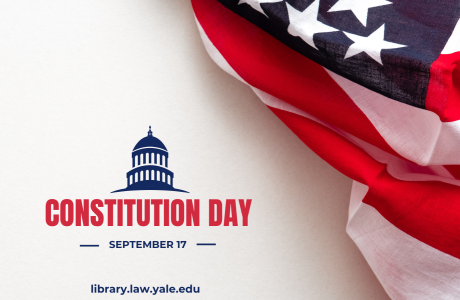Legal Research in Big Law Firms
- Be familiar with print legal research guides
1. If your firm has hired you to work on domestic U.S. law, be aware of the existence of Legal Research in a Nutshell, 11th edition. KF240.C54 (2013). This book acknowledges that “many online sources are based on printed works and incorporate their structure and logic, and an understanding of their purpose and scope is needed for effective research whether it is done in print or online”.
2. If your firm has hired you to work in Foreign Law, review Chapter 10: “The Law of Other Countries” in the 11th edition of Legal Research in a Nutshell (2013).
3. If your firm has hired you to work in International Law, see Chapter 9: “International Law” in the 11th edition of Legal Research in a Nutshell (2013).
- Be aware of online subject guides produced by Yale Law Library and the libraries of other top law schools. The top academic law library in any state may provide on its website an online subject guide for the law of that state. We have several excellent online research guides for domestic legal research, current and histrorical, including legislative history; foreign law, such as the Country-by-Country guide; various international law topics; and empirical research.
- Understand the basic civics of the United States government, no matter in which area of law you have been hired to work. Three branches of government, federalism, separation of powers, how a bill becomes law, etc. Also, know the court system. The Nutshell can help.
- Know that your firm, although nationally ranked, may ask you to work on matters involving U.S. state law, especially on matters taking place in the state in which your office is located.
- Read the Wall Street Journal every day.
- Whenever researching an area of the law you know nothing about:
1. Define terms, by using a law dictionary, a dictionary of legal usage, a glossary, or Words and Phrases (which is available in multi-volume hardcopy or on Westlaw).
2. Locate an overview of the area of the law you are researching, by looking at a treatise, a legal encyclopedia (CJS/Am. Jur.), state-based treatises (if appropriate), state-based encyclopedias, a law review article, or an annotated statute. Pay special attention to tables of contents, which provide additional overview.
- Know how to conduct a legislative history. Consult the Nutshell or our online research guide for legislative history research. Be sure to look for already-compiled legislative histories in HeinOnline or Legislative Insight
- Know the difference between a statute and a regulation; a statutory code and a regulatory code; a codified statute and a session law.
- Introduce yourself to the firm’s library staff.
1. They are service-oriented professionals. They are there to help.
2. They know about the firm. They know about its collections, including the firm’s records from its previous work on current matters. They can help you avoid reinventing the wheel, if the matter has already been researched, and the firm’s previous research is on file, in-house.
3. Learn about all training opportunities and workshops. Make use of them.
4. Understand that Big Firms are constantly monitoring the costs (to the firm or its clients) of legal research databases. Learn to search efficiently while you are enrolled in law school. A firm, as a result of its monitoring, may ask you to take in-house training to improve your effectiveness as an online user. Do follow their suggestion.
5. The partner may use only Westlaw, while you prefer Lexis. Be prepared to switch preferences.
6. Know that you may be asked to search for “all of the cases” or “any case”. To respond fully to this sort of question, you will need to search both Lexis and Westlaw, because it is not safe to assume that Westlaw and Lexis have catalogued exactly the same “unpublished” decisions.
7. Find out about the firm’s policy on contacting customer service reference attorneys at Lexis/Westlaw/BLaw. Some firms encourage it.
- Take ownership of a project. Pose appropriate questions about the project to the person who assigns it; do not start down the wrong path. Pose questions to library staff, if suitable; do not try to turn the project over to them. For summer associates, most firms’ librarians are prepared to teach, help, coach, guide, mentor, and help with the development of search strategies. For incoming attorneys, most firms’ librarians will offer help that does not constitute the practice of law.
- Be useful. Be reliable. Be dependable. Be engaged. Establish trust. Have skills.


